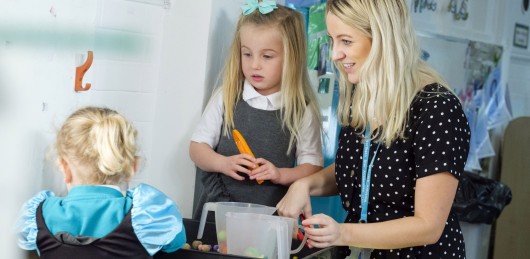Our School

More in this section...
Feedback to pupils
We adopt a whole-class feedback approach at New Park Primary Academy, based on the evidence of best practice from the Education Endowment Foundation (2018).
- The sole focus of feedback is to further children’s learning
- Feedback empowers children to take responsibility for improving their own work
- Children receive feedback either within the lesson itself or in the next appropriate lesson. The ‘next step’ is usually the next lesson
Teachers evaluate the work children undertake in lessons, and use information obtained from this to adjust their teaching. Feedback occurs at one of three common stages in the learning process:
|
Type of feedback |
What it looks like |
Evidence |
|---|---|---|
|
Immediate Feedback |
Takes place in lessons with individuals or small groups
|
|
|
Summary Feedback |
Takes place at the end of a lesson or activity
|
|
|
Review |
Takes place away from the point of teaching
|
|


